About Moldy Hay, Straw, Feed
Moldy hay, if fed to your rabbits, can literally threaten their lives.
Aurora Rex Rabbit Ranch was running some feed experiments,
so we had a young litter of rabbits in a large test pen on the ground.
At first the animals ate the fresh grass growing in the caged area.
When the grass ran out, we threw in copious amounts of hay and straw. In fact, the rabbits could hardly see the ground.
Then winter hit in Western Washington, where we get buckets
of rain from November through February.
The old hay in the pen began to mold. And because we kept giving the bunnies huge amounts of fresh, sweet hay, it did not occur to me that the rabbits would also eat the older, moldy hay -- until one bunny stopped eating and drinking altogether, and then died. (True, I’m not SURE it was the mold, but....)
I felt pretty sorry! Rabbits burrow. They get exposed to the old hay, even though they have tons of fresh hay all around them.
The remaining youngsters are doing well because I put them
back into their regular hanging cages inside the barn. We also redesigned our experiments.
The Problems with Mold
More often, a rabbit gets exposed to mold when keepers try to save money by using up old hay or feed.
We learned the hard way that mold is not healthy for rabbits:
- Some molds produce a dangerous aflatoxin, which can cause abdominal upsets and death, especially in younger animals. Long-term low doses can cause liver damage and liver cancer. Animals will go off feed and water, get dehydrated and lethargic. You might even notice jaundice.
- Other molds cause enteritis, acute kidney and liver damage, and death.
- Ergot is another toxin that some molds produce. Ergot cuts off circulation by constricting blood flow. Ergot can cause abortions, gangrene, and pain in the extremities.
- Moldy sweet clover can cause Vitamin K
deficiency, resulting in spontaneous hemorrhaging. If severe, excessive bleeding results in
death.
Old Hay doesn't necessarily mean moldy
hay.
If you've stored it
in a dry, well-covered container, it can last for months. It's when moisture gets into your hay
that the mold can grow.
Black Oil Sunflower Seeds - Excellent Source of Extra Fats
-- 25lb Black Oil Sunflower Seeds (ad)
It’s not worth it to feed moldy hay!
You’ll potentially lose your rabbits.
Just pitch all moldy hay, straw or feed. It makes great garden mulch.
Better to figure out how the feed or hay got moldy in the first place and then prevent the mold going forward.
Are you questioning the quality of your hay? Try sticking your nose into it and taking a gentle whiff. You can smell the mold once it becomes established. Or, the sweet smell is gone, and you may see black spots on the stems. If really bad, you'll see entire areas that are black with white fuzz growing in the darkest areas.
Warning: the smell test is not fool-proof.
Mold can be present without any moldy odor. When in doubt, take a sample of hay to your vet, USDA extension agent, or an agricultural lab and have it tested for mold.
How to Store Hay or Straw
Store bales under a water-tight roof on wooden pallets. I also like to throw a tarp over the bales just in case.
Once you've broken into a bale, you might like to store loose hay or straw in covered plastic garbage cans. Keep the lids on the cans when you're not using the hay. Be sure the lids aren't so tight that they can seal moisture IN.
Enjoy your rabbits!
Click for more info on Mycotoxins and Aflatoxins
Double-Value Guarantee
Our policy is to always OVER-deliver
on value,
which is why your purchase is fully covered by our
Double-Value
Guarantee.
Go ahead - take any of our e-books for a test drive. Peruse our detailed informational and educational e-books. Examine our plans for building rabbit cages, runs, or metal or PVC hutch frames. Check out the Rabbit Husbandry info e-books.
If you aren't completely satisfied that your e-book purchase is worth at least double, triple or even quadruple the price you paid, just drop us a note within 45 days, and we'll refund you the entire cost. That's our Double-Value Guarantee.
Note: When you purchase your
e-books, they will be in PDF format, so you can download them to any device that
supports PDF format. We advise making a back-up copy to a drive or cloud
account. If the books are lost, you can also purchase another copy from Raising-Rabbits.
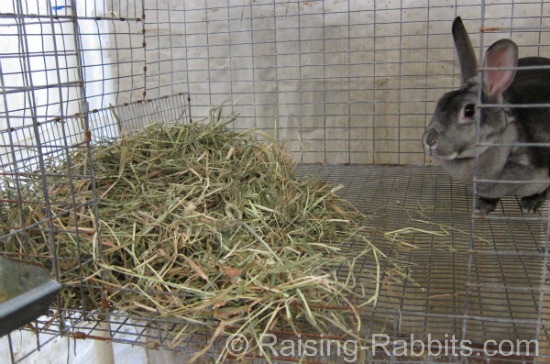
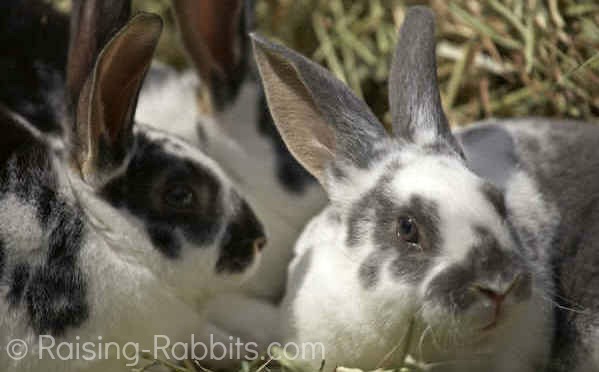
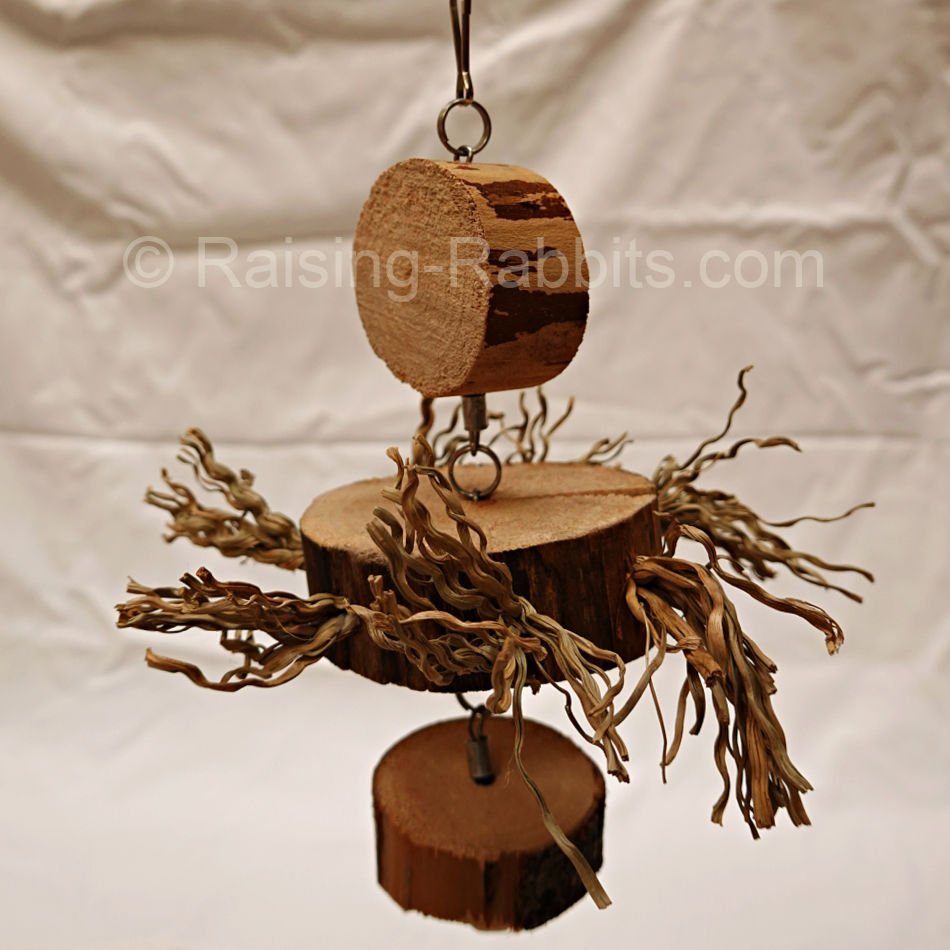
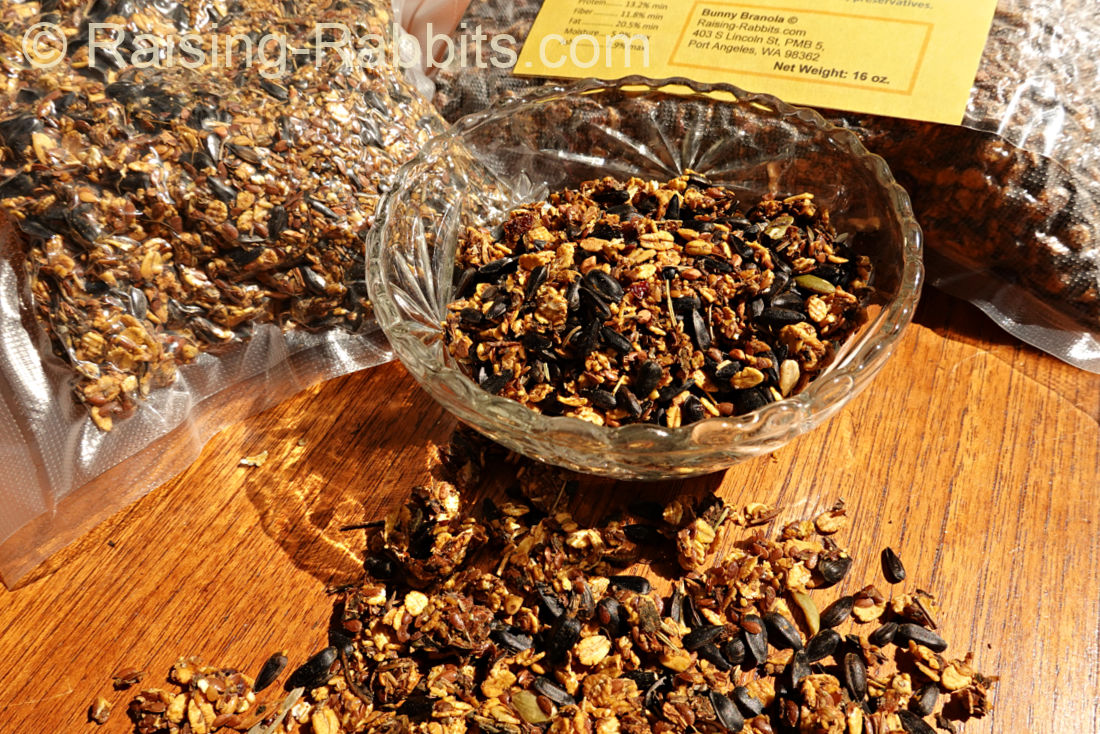
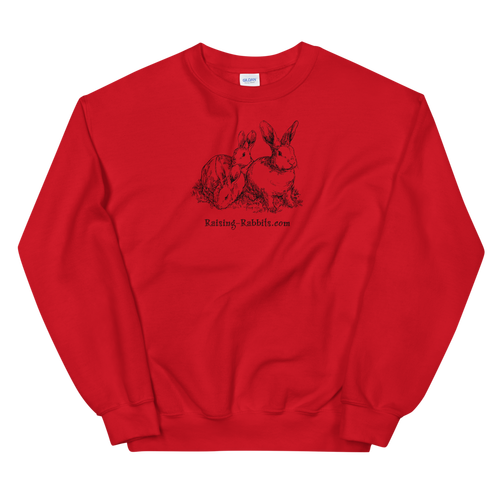
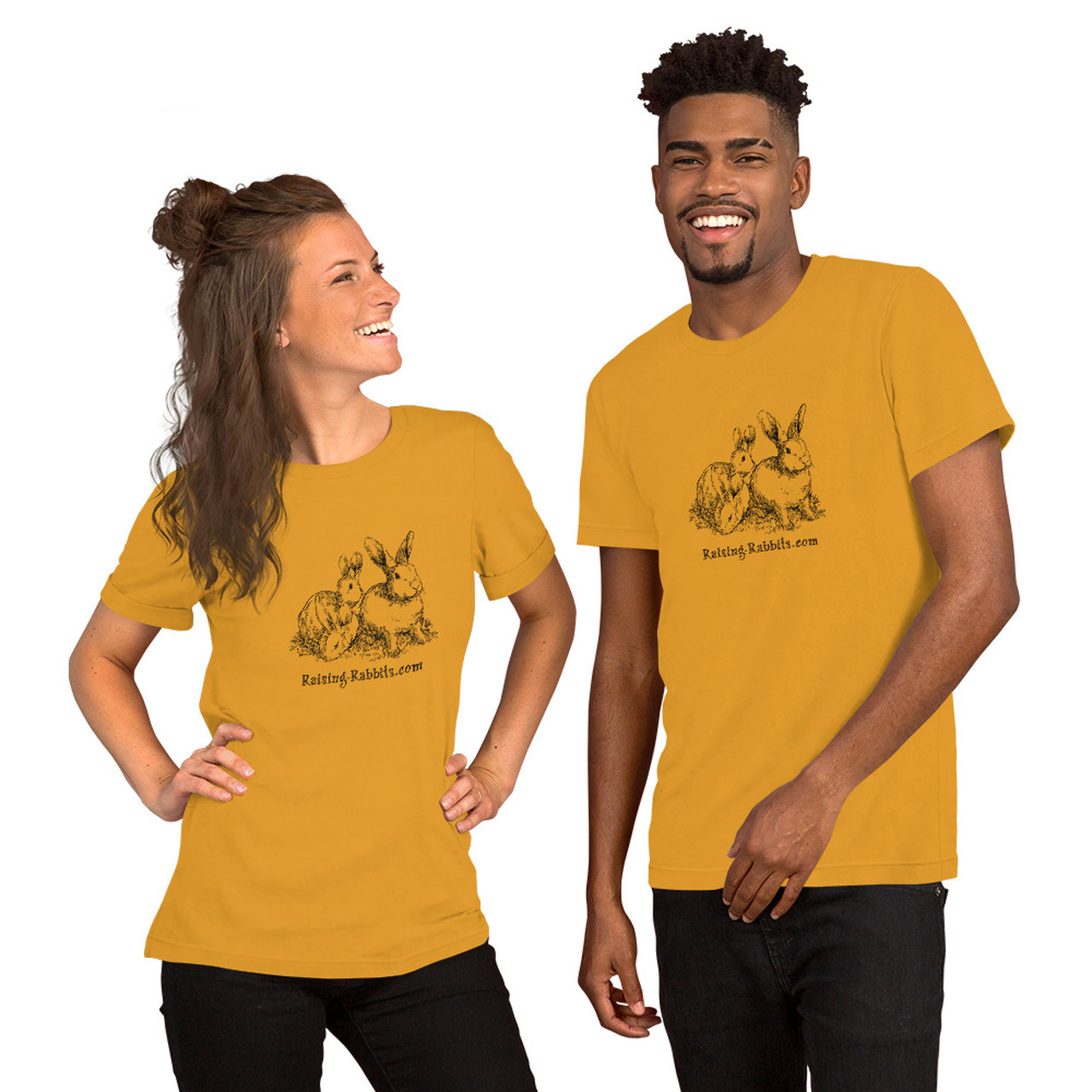
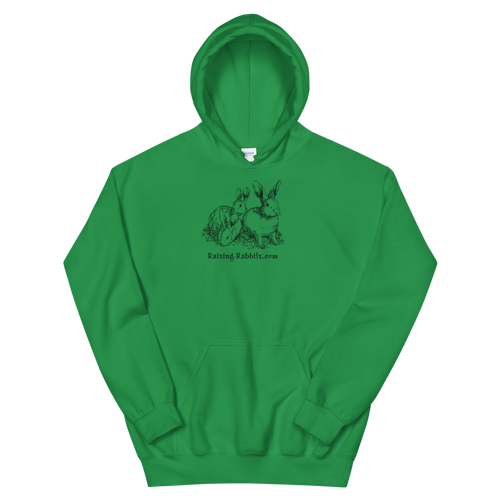



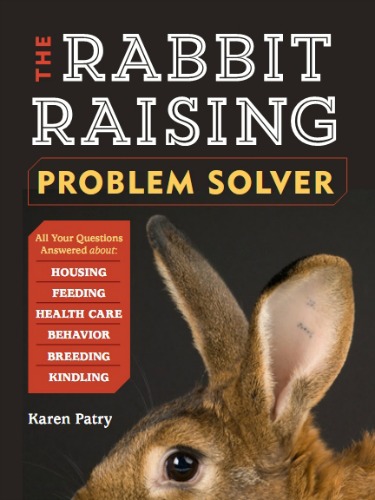

New! Comments
Have your say about what you just read! Leave me a comment in the box below.